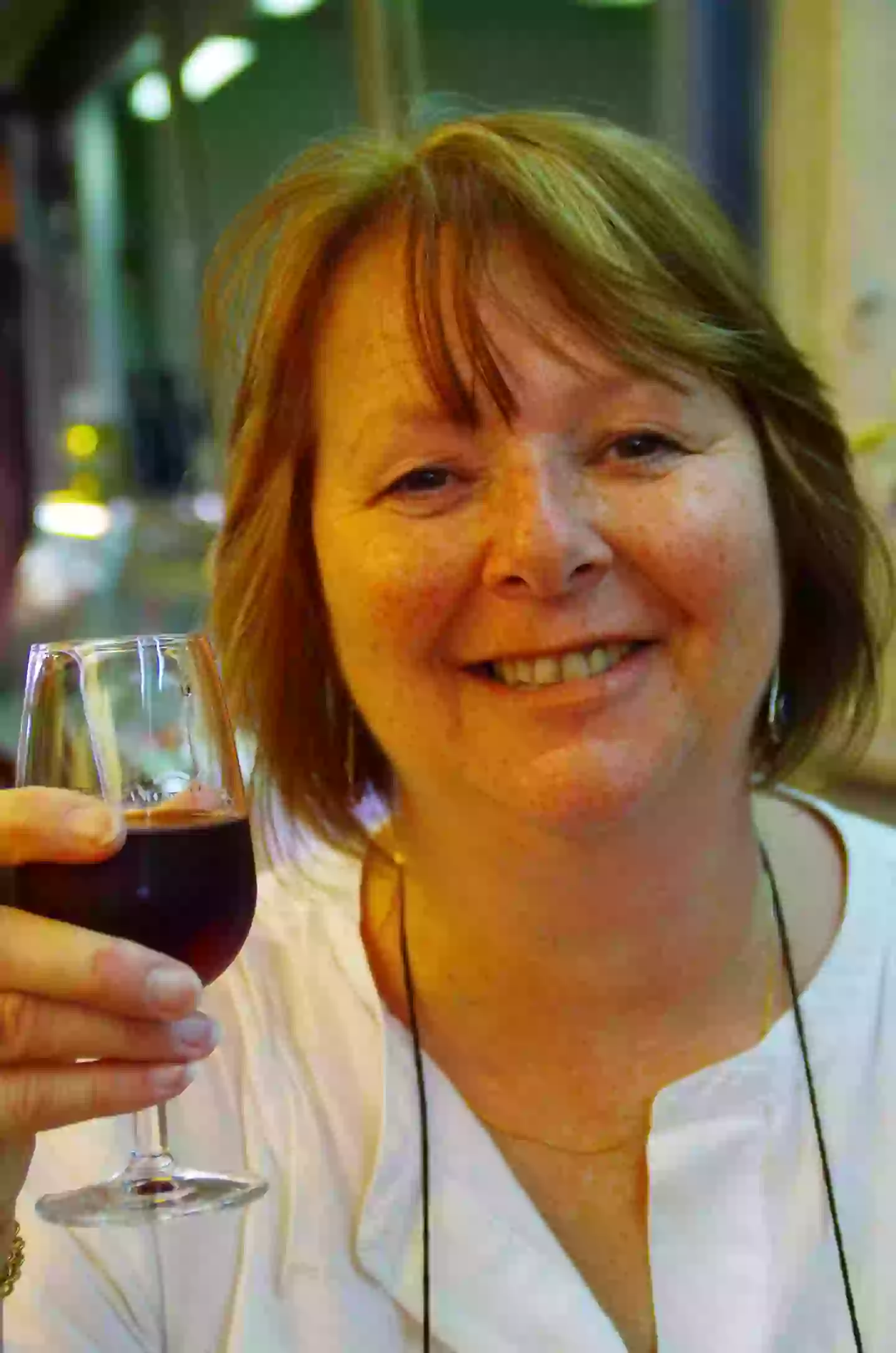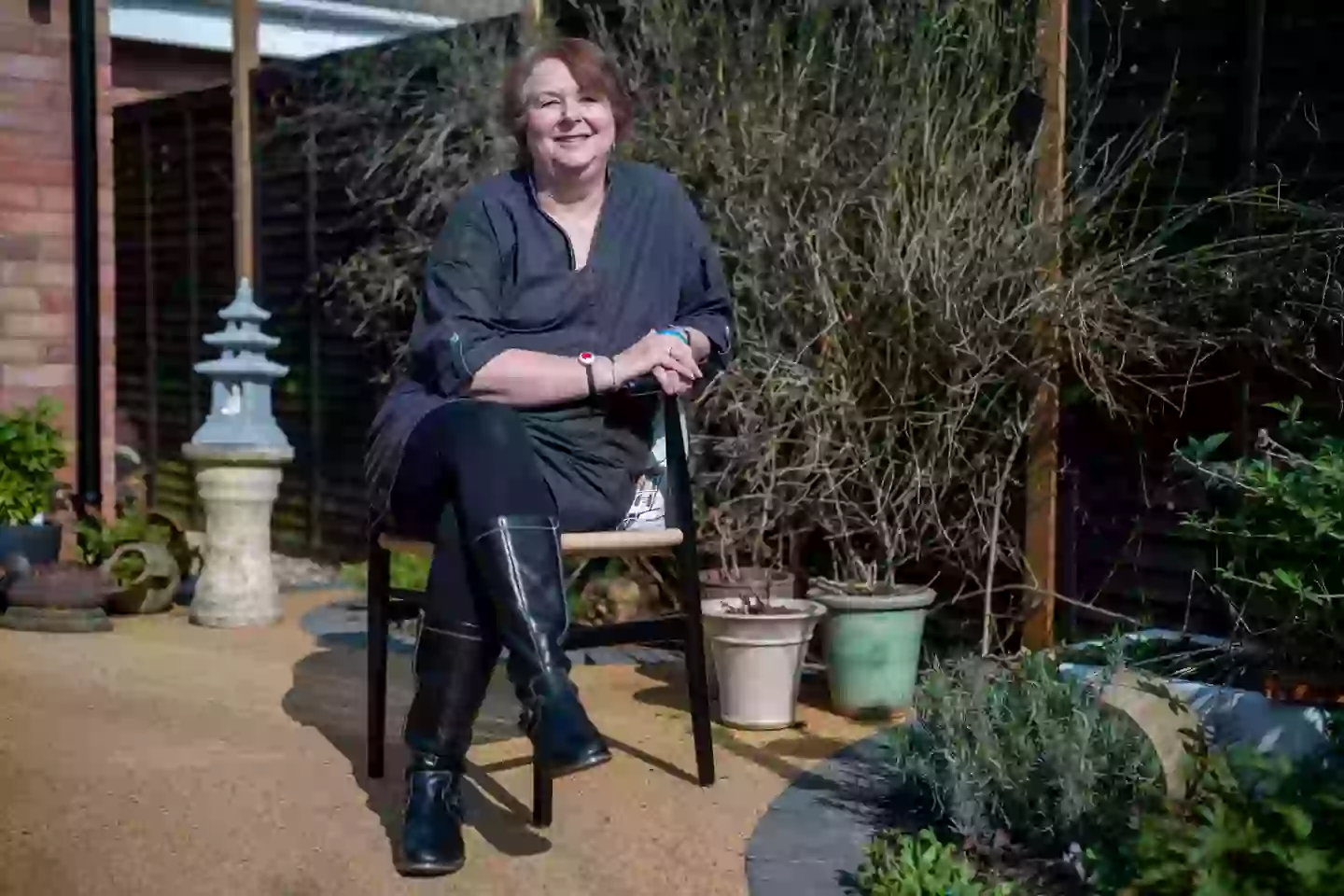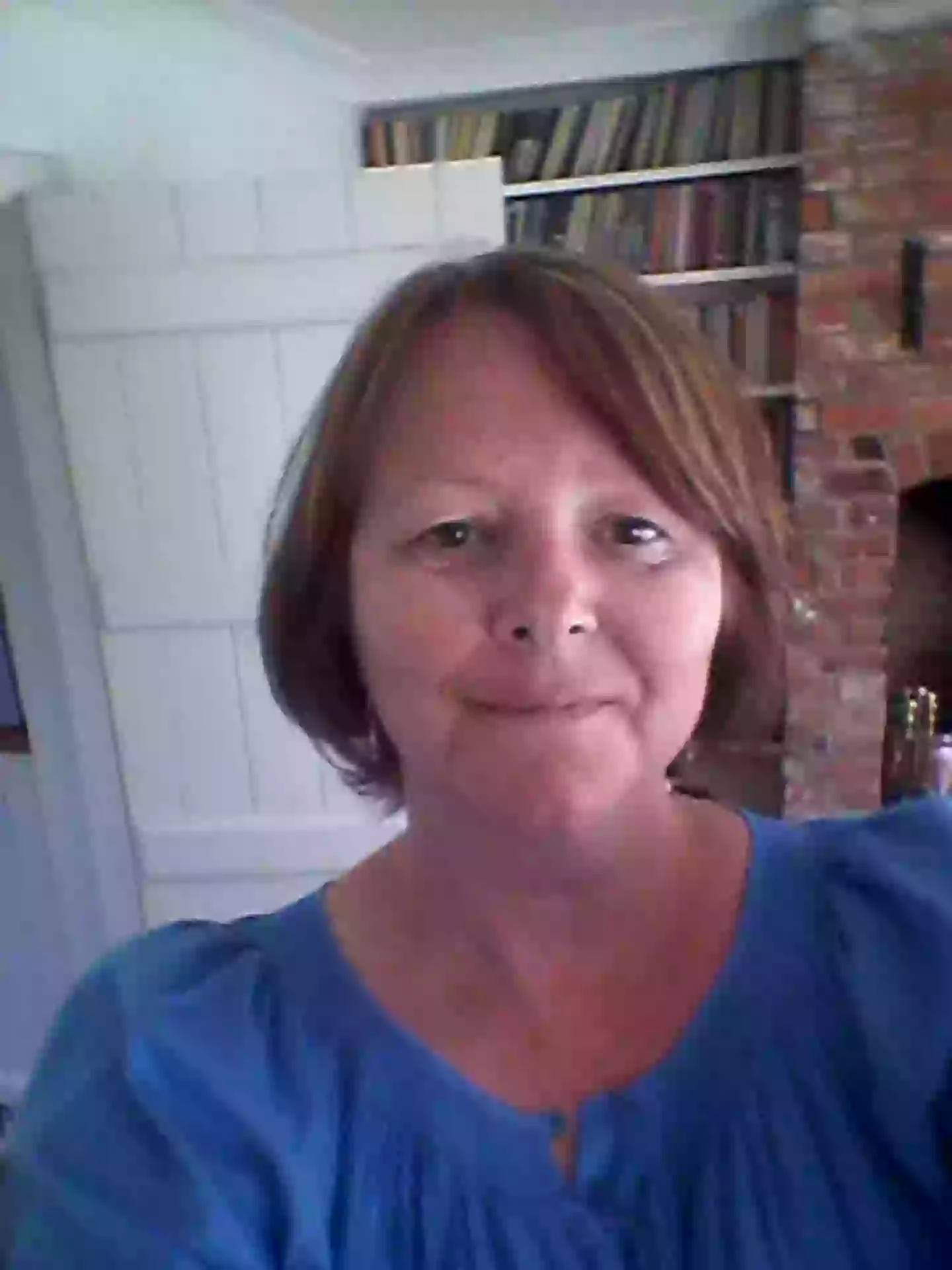A woman who initially attributed her symptoms to the stress of a divorce later discovered they were due to a serious illness.
After her 35-year marriage ended in 2019, Diana Keys began experiencing unexplained falls and speech issues a year later.
Residing in Somerset, UK, Diana, 65, sought medical consultation. A specialist speculated that her symptoms were stress-related from the divorce, but Diana was certain this wasn’t the case.
Reflecting on her symptoms, Diana shared with PA: “I fell over in the bathroom and hit my head in the shower and, after that happened two or three times, I contacted the GP.”

Her doctor arranged for her to see a consultant neurologist at the local hospital, where she underwent electromyography (EMG) to assess muscle electrical activity.
Despite the consultant attributing her symptoms to divorce-related stress, Diana remained convinced otherwise.
As she began experiencing fasciculation and her voice continued to weaken, she insisted on additional tests.
In May 2023, three years after the onset of her symptoms, Diana was diagnosed with motor neurone disease (MND), a revelation that came as a “huge shock”.
MND is a rare condition that gradually damages parts of the nervous system, resulting in muscle weakness.

While it typically shortens life expectancy and has no known cure, treatments can help manage symptoms like muscle stiffness, weakness, and spasms.
MND includes four main types: Amyotrophic Lateral Sclerosis, Progressive Bulbar Palsy, Progressive Muscular Atrophy, and Primary Lateral Sclerosis.
Diana described feeling “hysterical” and struggled to come to terms with her diagnosis, given its incurable and often fatal nature.
“I remember the consultant just saying, ‘There is no cure, and the prognosis is between two and five years.'”

Despite the daunting prognosis, Diana is maintaining a positive outlook.
“I keep looking for a sell-by date code on me, but there isn’t one, so I just keep going,” Diana said. “I can be a glass half empty person sometimes but, since my diagnosis, I’ve tried not to bring other people down – I try to be stoic.
“I try to keep a sense of humour and count my blessings, so I’ve got a lot to live for.”
Diana also mentioned: “My progression is relatively slow, so I’m hoping that I’ll get as long as I can.”

